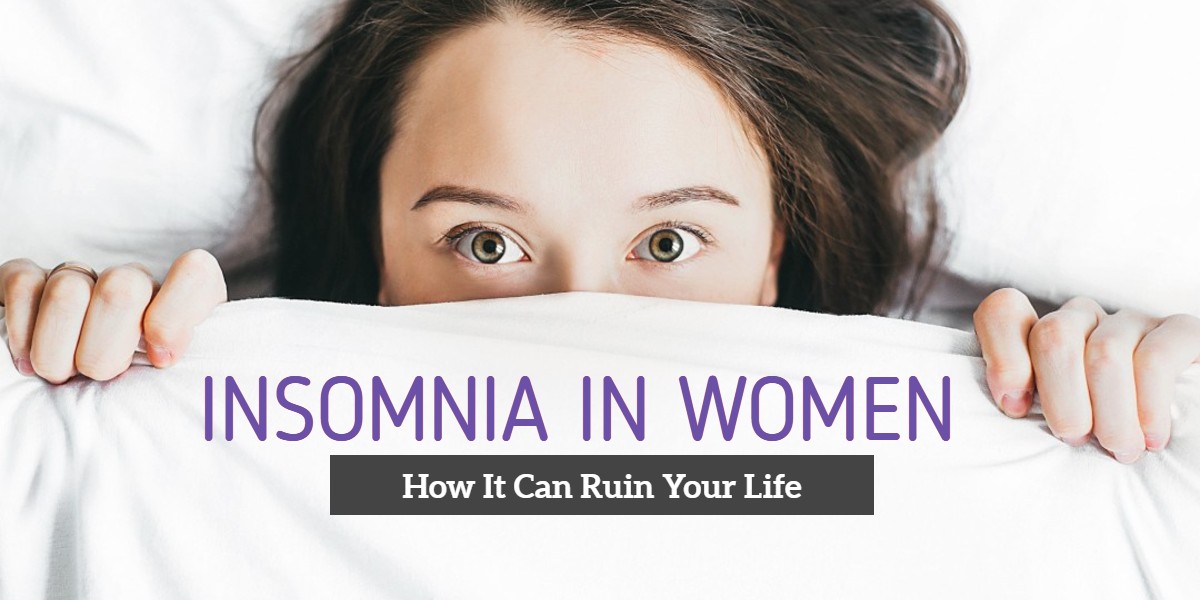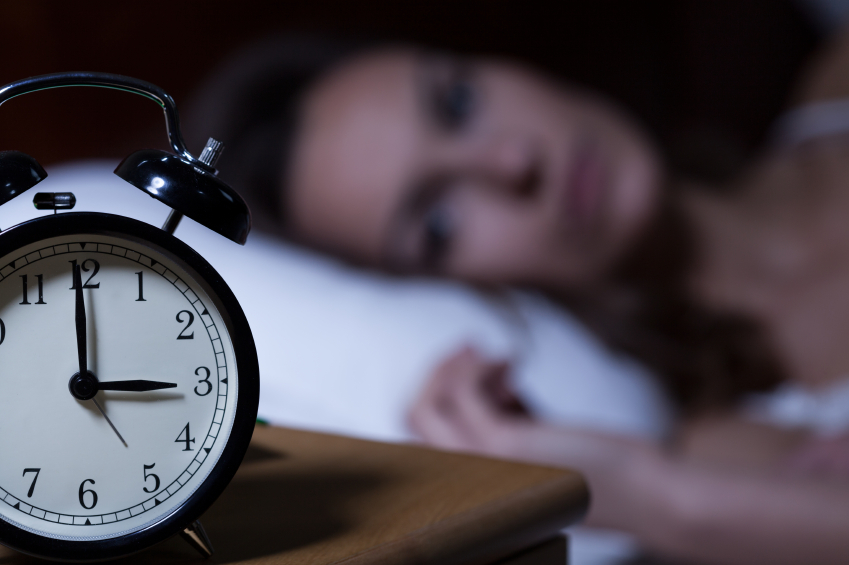Prescription Medication for Insomnia- Sedative Hypnotics

All insomnia medications should be taken shortly before bed. Do not perform other activities that require concentration after taking medication because the medication will make you sleepy. You must practice good sleeping habits while taking these drugs.
Sleeping Pills
If you are taking sleeping tablets, they may be a benzodiazepine (such as Valium and Normison), antidepressants (such as Trazodone), or an anti-histamine (such as Phenergan). Or you may be using one of the over-the-counter medications for which a prescription is not needed.
Each of these medications works in a different way and has a distinct effect. Each has some advantages and some disadvantages.
In the short term, for transient sleep problems that do not have a long history, taking medications can be helpful and problem-free for a limited amount of time. However, if you have a longstanding sleep problem and have been taking medications for insomnia for a long time, then you should carefully assess how effective these medications are.
If you have been using a medication to try to sleep and still experiencing problems with sleep, then the medication you are taking is not working. Think carefully about whether the medications are helping or not and, if they are not helping, you should gradually reduce the use of them.
Are Sleeping pills and medications right for you ?
All insomnia medications have side effects. Despite what some people think there is really no such thing as a perfectly ‘clean’ medication. Some are more harmful than others, but all medications will, over time, have some impact on your inner organs and on your health.
Unfortunately, sleep medications don’t cure insomnia, and they can make the problem even worse in the long run.
The concerns about the use of over-the-counter and prescription medications include :
-
- Many insomnia medications affect your liver and kidneys. Some of these effects are permanent, although most are temporary and your body will recover once you cease the medication.
-
- Some of these medications also have cognitive and emotional effects of which many people are not aware. That is, many of them affect your thinking, your ability to make decisions, and your mood.
-
- Some of the sedative medications cause a hangover in the morning.
-
- Some medications can cause significant levels of drowsiness during the day.
-
Some medications also lead to you developing tolerance and/or dependence. This occurs when your body gets so used to the drug that it relies on it. At the same time, the drug becomes less effective and larger doses are needed to gain the same effect. You may come to rely on the medication to sleep, and will be unable to sleep or have even worse sleep without it.
People who have become dependent on sleep medications can develop a problem known as ‘rebound insomnia’.
Use insomnia medications for short term only
Despite what many people think, medications are not the answer to long-term sleep problems. If you take a medication for a few weeks and it helps to restore good sleep, that’s fine.
Medications can have a useful and important role to play if used appropriately and early, and if discontinued after a short period of time. If you are still having problems after using medications for longer than three to four weeks, you should talk to your doctor about reducing the medication and trying other things.
Guidelines for using insomnia medications
While trying insomnia medications, follow the guidelines and precautions as suggested by doctors.
Follow directions closely. Start with a very small dose and gradually increasing the dose, according to the doctor’s schedule. Find out whether you should take the medication with or without food. Certain foods must be avoided for some medications and most sleeping pills should be taken on an empty stomach.
-
- Disclose all the medications you are taking to your doctor. These medications include non-prescription medications you might be using such as pain relievers and allergy medicines, or herbal supplements.
-
- Make your doctor aware of other medical conditions. Some medications can have serious side effects for people with other medical problems like high blood pressure, glaucoma, depression, liver problems and breathing problems.
-
- Read the package carefully that comes with the medication. Pay proper attention to the potential side effects of the medication you are using.
-
- Take a sleeping pill only when you have enough time to get a full night’s sleep say 7 to 8 hours or you may feel sleepy the next day.
-
- Never drink alcohol near the time of taking a sleeping pill. Alcohol will disrupt your sleep even more and it can dangerously interact with the medication you are taking.
-
Never go for a drive after taking a sleeping pill. Don’t drive a car or operate any kind of machinery when you first start taking a sleeping pill. Proceed with caution after taking the pill.
Insomnia prescription drugs used specifically for improving sleep are called sedative hypnotics. There are different types of prescription medication for insomnia. These medications include benzodiazepines and non-benzodiazepines.
These drugs slow down the nervous system by working on receptors in the brain, resulting in sleep. Some of these medications are used for inducing sleep, while others are used for staying asleep.
Some last longer than others in your system while some have a higher risk of becoming habit forming. These medications are recommended for short-term use.
Benzodiazepine sedative hypnotics
Benzodiazepines are one of the most prescribed insomnia medications and are the oldest class of sleep medications still in use. These drugs reinforce a chemical in the brain that inhibits neuron excitability.
Benzodiazepines were originally developed to treat anxiety and have a higher risk of dependence than other insomnia sedative hypnotics.
The effectiveness of these drugs to treat insomnia decreases over a period of 30 days. Side effects include respiratory symptoms, drowsiness, memory loss, and bad mood. Benzodiazepines are very dangerous when combined with alcohol, so avoid using alcohol with benzodiazepines.
There are several benzodiazepines which are approved to treat insomnia.
-
- Flurazepam (Dalmane), quazepam (Doral), clonazepam (Klonopin) are the Long-acting benzodiazepines.
-
Alprazolam (Xanax), temazepam (Restoril), flunitrazepam (Rohypnol), lorazepam (Ativan), triazolam (Halcion) are some of the medium to short-acting benzodiazepines. Short-acting benzodiazepines are useful for air travelers who suffer from conditions like jet lag.
Non-Benzodiazepine sedative hypnotics
Non-Benzodiazepines don’t have the same chemical structure as benzodiazepines, but these drugs act more specifically on the same area in the brain.
Non-Benzodiazepines have fewer side effects than Benzodiazepines and have less risk of dependency. These drugs were developed in late 1980s and are now the preferred sedative hypnotic prescribed for the treatment of insomnia.
The Non-Benzodiazepines prescribed for insomnia are –
-
- Ambien – Ambien is one of the most commonly prescribed medication for insomnia. The recommended dose is 10 mg/day for adults and elderly patients should take half of this dose. It helps you to fall asleep within 15 to 30 minutes.
You should not take it unless you have a plan of getting at least 7 to 8 hours of sleep. The medicine is used in two steps, the first step helps the patient to fall asleep and the second step helps the patient stay asleep.
-
- Sonata – This drug stays active for the shortest period of time in the body. Since sonata acts for a very short period of time, it is useful for those who have difficulty falling asleep, not for those who wake up frequently during the night. The drug takes effect with 30 minutes. The recommended dose is 5 – 10 mg/day. This drug will make you sleep for at least 4 hours.
-
- Lunesta – unlike other sleep medications, lunesta can be taken on a long-term basis. The recommended dose is 2 – 3 mg/day for adults and 2 mg/day for elderly people. Don’t use lunesta if you not able to get a full night’s sleep.
-
Rozerem – Rozerem works differently than other prescription medications for insomnia as it targets the sleep-wake cycle, not by weakening the central nervous system. It is good for people having difficulty falling asleep. You can use this medication for long-term use as this does not cause dependence.

Patrick Mahinge
With over 10 years of experience in sleep health and consumer reviews, Patrick Mahinge helps you find the best mattresses, pillows, beds, and snoring aids through in-depth testing and expert analysis.
Related Articles


6 effective insomnia tips to help you get back to a normal sleep pattern
Read more about this article...
Read the Full Feature →
Wellbutrin and Insomnia: Can Wellbutrin Cause Insomnia?
Read more about this article...
Read the Full Feature →